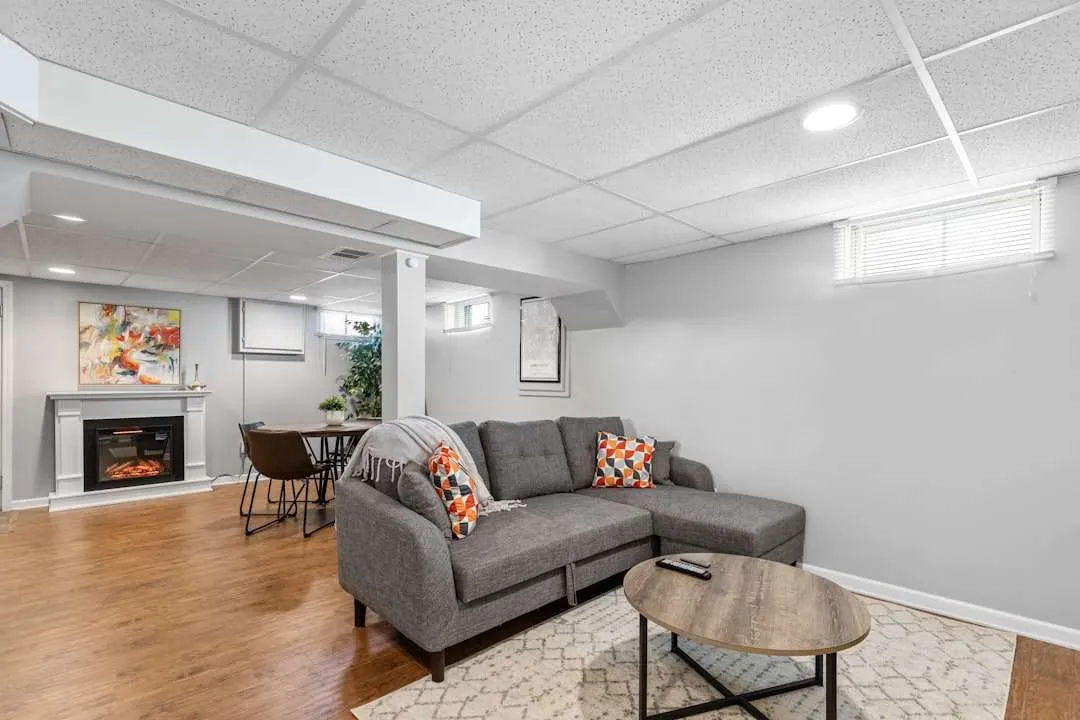In the ever-evolving world of travel, short term rentals have become a popular choice for both hosts and guests. However, navigating the legal landscape of short term rentals can be complex, especially for those new to the concept. Understanding the short term rental legal considerations is crucial for anyone looking to rent out their property or for travelers seeking temporary accommodations.

Understanding Local Regulations
One of the first steps in managing a short term rental is understanding the local regulations. Many cities have specific rules governing short term rentals, which can include zoning laws, permits, and licensing requirements. It’s important to research these local regulations to ensure compliance and avoid potential fines.
Licensing and Permits
Obtaining the necessary licenses and permits is a key part of the legal process for short term rentals. This often involves registering the property with local authorities and adhering to safety and health standards. Failure to obtain the appropriate licenses can result in penalties and the inability to legally operate a rental property.
Common Licensing Requirements
Licensing requirements can vary by location, but common elements include safety inspections, health regulations, and tax registration. Some regions may also require proof of insurance or evidence of a business license. To learn more about licensing, check out our detailed licensing guide.
Tax Obligations
Hosts must also be aware of their tax obligations. This can include local occupancy taxes, state taxes, and federal income taxes. Understanding how taxes apply to short term rentals is essential for accurate financial planning and compliance.
Insurance Considerations
Insurance is another important aspect of managing a short term rental. Traditional homeowners insurance may not cover damages or liabilities associated with rental activities. Specialized short term rental insurance can provide coverage for property damage, liability, and loss of income.
Types of Coverage
Insurance policies can vary, but common types of coverage include property damage, liability protection, and loss of income coverage. Evaluating different insurance options can help ensure comprehensive protection for both hosts and guests.
Safety and Health Regulations
Ensuring the safety and health of guests is a top priority for short term rental hosts. This includes meeting fire safety standards, providing clean and sanitary accommodations, and ensuring all appliances and utilities are in working order.
Regular Inspections
Regular inspections can help maintain safety and health standards. This involves checking smoke detectors, carbon monoxide detectors, and ensuring all safety equipment is functional. For more tips on maintaining a safe rental, visit our cleaning checklist.
Contractual Agreements
Having a clear and detailed rental agreement is essential for protecting both hosts and guests. This contract should outline the terms of the rental, including payment details, house rules, and cancellation policies.
Key Elements of a Rental Agreement
A comprehensive rental agreement should include terms of use, payment procedures, cancellation policies, and house rules. This document serves as a legal agreement between the host and guest, outlining each party’s responsibilities.
Managing Guest Expectations
Clear communication is key to managing guest expectations. Providing detailed information about the property, amenities, and local attractions can enhance the guest experience and prevent misunderstandings. Learn more about effective communication with guests in our communication tips.
Handling Disputes
Disputes can arise in any rental situation. Having procedures in place for handling conflicts can help resolve issues quickly and amicably. This might include mediation services or legal counsel to address more serious disputes.
Environmental Considerations
Being environmentally conscious is increasingly important for both hosts and guests. Implementing sustainable practices, such as recycling programs and energy-efficient appliances, can benefit the environment and appeal to eco-conscious travelers. For more ideas on sustainability, explore our recycling guide.
Understanding the Impact of Technology
Technology plays a significant role in the short term rental market. From booking platforms to smart home devices, technology can streamline operations and enhance the guest experience. However, it’s important to understand the legal implications of using technology, such as data privacy and security concerns. Explore smart ways to automate your rental with insights from the Short Rental Association.
Staying Informed
The legal landscape for short term rentals is constantly changing. Staying informed about new laws, regulations, and industry trends is critical for hosts and travelers alike. Subscribing to industry newsletters and joining online forums can provide valuable insights and updates.
Conclusion
Understanding short term rental legal considerations is essential for anyone involved in the rental market. By staying informed and compliant with local regulations, hosts can provide safe and enjoyable experiences for their guests. Travelers, in turn, can enjoy peace of mind knowing their accommodations meet legal and safety standards.

FAQ
What are the basic legal requirements for short term rentals?
Basic legal requirements include obtaining the necessary licenses and permits, adhering to local regulations, and understanding tax obligations.
How can hosts ensure they are meeting safety standards?
Hosts can meet safety standards by conducting regular inspections, ensuring all safety equipment is functional, and keeping the property clean and sanitary.
What should be included in a rental agreement?
A rental agreement should include payment terms, cancellation policies, house rules, and any specific conditions related to the rental.
This article contains affiliate links. We may earn a commission at no extra cost to you.

